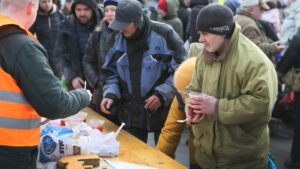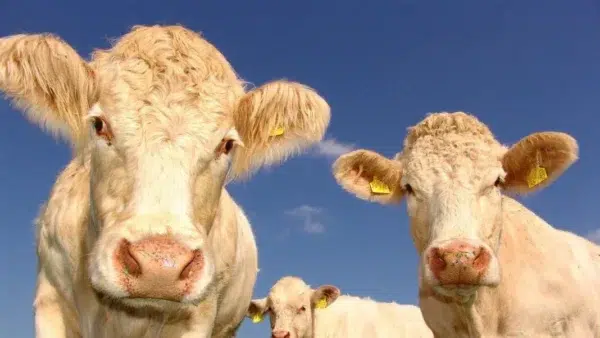
Plantum
“Open source” is a trend in various industries. It started to take root in the software industry (Mozilla), followed by biotechnology (CAMBIA) and publishing, where the creative commons concepts have taken root. Several of these trends are based in an opposition against corporate power generated by exclusive rights provided by patents and copyright. Others have a positive goal, i.e. to enhance participation by a much wider population to generate, validate and share information (e.g. Wikipedia).
The seed sector has a very good story to tell with regard to its contributions to societal goals, but in parts of society, the corporate image and the use of patents create questions, so we could expect that also our sector would be challenged. It is there now. The University of Wisconsin developed an Open Source Seed Initiative several years ago, which was followed in Germany more recently. Access to “freed” plant genetic resources is made conditional to users making them available under the same “open source” conditions, that no IP is vested. The system should thus go “viral” and “force” breeders to join and thus stop protecting their products through IP.
Should we worry? Yes and NO!
The YES relates to the fact that we should not take our “license to produce” for granted and that IP protection is a key element of the opposition that we face. Genetic resources are natural resources, whether they are derived from nature or created in our laboratories. As a result, debates in society can easily derail when such resources are privatized. So even when the initiative will not go viral, similar to Richard Jefferson’s BiOS and CAMBIA initiatives in plant biotechnology, then still the emergence of the initiative should make us think twice about our public image.
The NO relates to the chances of the initiatives growing and capturing a significant share of genetic resources for any crop. The American initiative uses a “Pledge” (patents are costly to use in open source strategies compared to copyright); the Germans use a bag tag license contract that they hope to enforce through the Nagoya Protocol which requires breeders’ to be able to show legality of their use of genetic resources. Currently, the open source initiative is embraced by breeders in a particular section of the organic sector. These breeders operate at a limited and localized scale. One may wonder whether their varieties will soon become important and unavoidable parent for conventional breeding.
The NO also relates to the (initial) purpose of the open source seed initiatives, i.e. freeing the “source”, i.e. the genetic resources. The American initiative took the patenting in the breeding sector as the argument to launch their quest. The source is however completely open in plant breeder’s rights, which is the dominant IP system for breeders elsewhere, so there is hardly a need for an open source initiative. However, both initiatives added the freedom of farmers to freely save and sell farm saved seed, which has little to do with opening the source, but instead support to freeriding on the innovative work of others. This also relates directly to the lack of business model.
The initiatives are small, limited to some public institutions and breeders catering for the (bio)dynamic part of the organic sector. When they would grow, though, they would restrict the breeder’s exemption for conventional breeders in a similar way that patents do. They close off actual access to genetic resources despite their intent to open the source.
Their business models are yet unclear and depend on voluntary benefit-sharing from chain partners, charity and public money. Through those lines they may generate sympathy in parts of society. We should study their motives in order to better position the many good things that the plant breeding & seed sector does for society. We agree that the source should remain open for all breeders, but not in their way.
—Niels P. Louwaars currently works at Plantum, the association of seed companies in The Netherlands. This article does not necessarily reflect the views of all Plantum members.













